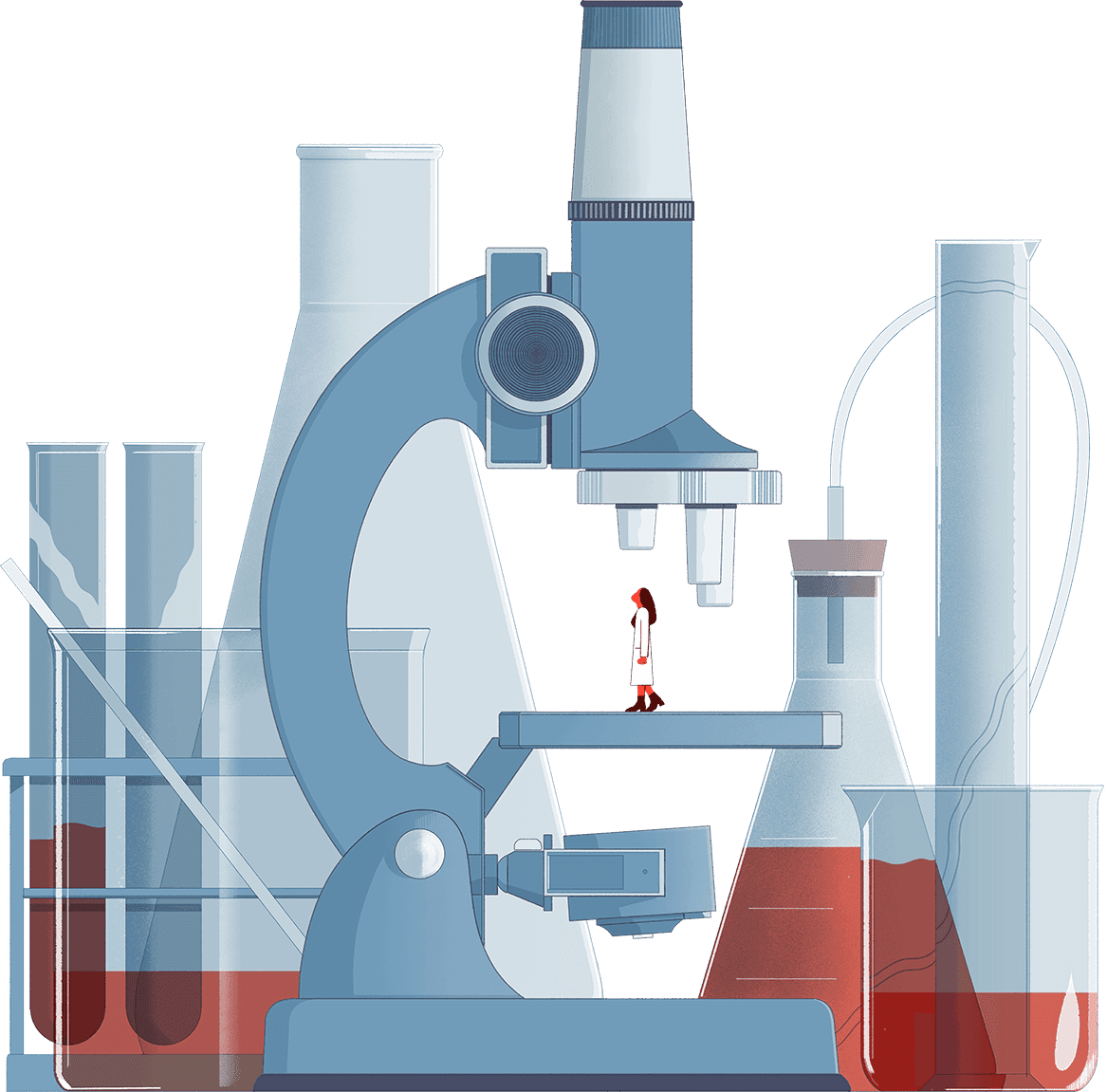Our story
At its core, NextGen Jane’s organizing principle has always been the same: this shouldn’t be so hard.
Whether “this” is navigating excruciating period pain, inexplicable infertility, the amorphous transition to menopause, or a difficult pregnancy, it should be easier to find answers. But it’s not. The impediments to receiving care range from cumbersome, expensive procedures required to make a full diagnosis (laparoscopy for endometriosis) to a lack of tests available to help make decisions (are you entering menopause?). If you are lucky to get an appropriate diagnosis, you are often left with poor treatment options (hysterectomy, drugs that induce menopause) or diagnoses that arrive too late (ovarian cancer). At Jane, we are building a foundation of knowledge to impact all of these areas and transforming obstetric and gynecological health through molecular insight.
Why menstrual blood?
Menstrual blood is an elegant, uterine tissue-enriched sample which allows for non-invasive, routine, longitudinal data collection.
If you have had a period in your life, you probably have an intuitive understanding of why this sample type is so powerful. Superficial changes in your menstrual cycle – a delay, early onset, heavier than usual, missing a cycle entirely – alert you to something going on in your body. These changes can be meaningful or completely mundane, but they are your uterus responding to different stimuli. At Jane, we are leveraging this ability of the uterus to act as a sentinel for your health and expanding it to a molecular level. This means we collect tampons from people with all different types of conditions, generate terabytes of genomic information from these tampons and associate the molecular signatures from your uterus with discrete health outcomes. The ultimate goal is to improve both the efficiency and accuracy of a diagnosis, as well as how to precisely treat it.
The future of OB-GYN care
You should have better diagnostics, more options for treatment, and easier access to information for fully-actualized preventative care.
- Easy access to care through convenient sample collection. Whether you live in a GYN desert, can’t take time off of work for an appointment, or don’t have many transportation options, in-clinic sample collection should not be an impediment to seeking care.
- Making subjective assessments, objective. Understanding whether your menstrual experience is ‘normal’ or ‘typical’ is hard to establish in a vacuum. Is this level of pain normal? Is this amount of blood loss average? What clot size should have me worried? A molecular Menstrual Health Assessment should provide a clear indication of menstrual health.
- A more granular understanding of disease. Molecular profiling of uterine tissue in response to disease provides insight into your body’s unique response to a disease and should inform treatment options.
- An expanded druggable space. Understanding how your body responds to a disease should also help identify new targets for better drugs.
- True patient stratification. Deep genomic profiling of different disease states can reveal whether a particular drug is right for you.



Team




